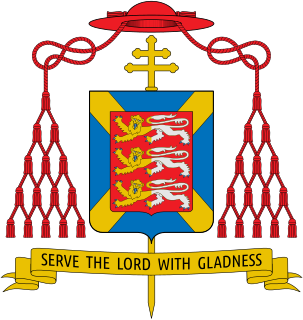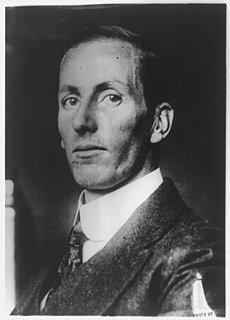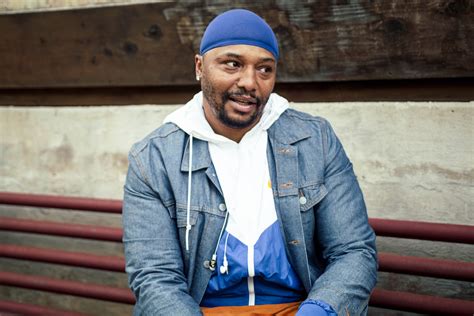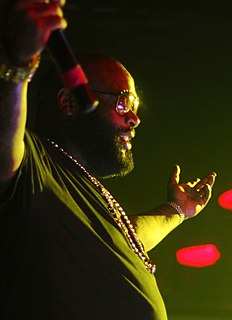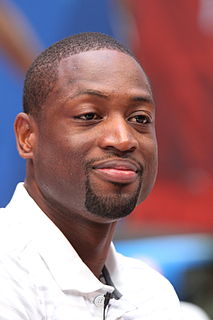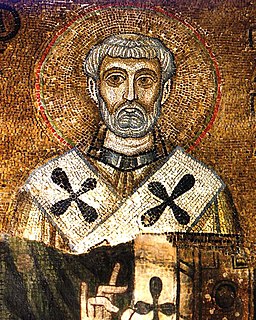A Quote by Roland Barthes
Death of the Father would deprive literature of many of its pleasures. If there is no longer a Father, why tell stories? Doesn't every narrative lead back to Oedipus? Isn't storytelling always a way of searching for one's origin, speaking one's conflicts with the Law, entering into the dialectic of tenderness and hatred?
Related Quotes
My father wasn't around when I was a kid, and I used to always say, 'Why me? Why don't I have a father? Why isn't he around? Why did he leave my mother?' But as I got older I looked deeper and thought, 'I don't know what my father was going through, but if he was around all the time, would I be who I am today?'
Regardless of nationality, all men are brothers. God is "our Father who art in heaven." The commandment "Thou shalt not kill" is unconditional and inexorable. ... The lowly Nazarene taught us the doctrine of non-resistance, and so convinced was he of the soundness of that doctrine that he sealed his belief with death on the cross. ... When human law conflicts with Divine law, my duty is clear. Conscience, my infallible guide, impels me to tell you that prison, death, or both, are infinitely preferable to joining any branch of the Army.
Being a father is the hardest job on the planet, because we don't have parental instincts like women have. You have to learn how to be a father before you even become a father, from a very young age. It's necessary to override what we're told in society a father should be, like if your son falls and scrapes his knee, you got to be tough. Baseball and all that are cool, but it's the tenderness and interactions that are really important. Boys are different; we have to impart that sensibility and that tenderness to them.
The very act of story-telling, of arranging memory and invention according to the structure of the narrative, is by definition holy. We tell stories because we can't help it. We tell stories because we love to entertain and hope to edify. We tell stories because they fill the silence death imposes. We tell stories because they save us.
My father never feared death. He never saw it as an ending. I don't know why Alzheimer's was allowed to steal so much of my father before releasing him into the arms of death. But I know that at his last moment, when he opened his eyes - - eyes that had not opened for many, many days - - and looked at my mother, he showed us that neither disease nor death can conquer love.
There is commerciality in storytelling, even in a film or a piece of literature. These things exist. That's why stories came to be: to hold attention and, while you're not looking, you'll get hopefully some nutritional value that the author has been working up. That's narrative; that's passing stuff down.
Growing up, I was discouraged from telling personal stories. My dad often used the phrase 'Don't tell anyone.' But not about creepy things. I don't want to lead you down the wrong path. It would be about insignificant things. Like, I wouldn't make the soccer team, and my father would say, 'Don't tell anyone.'
You can use your means in a good and bad way. In German-speaking art, we had such a bad experience with the Third Reich, when stories and images were used to tell lies. After the war, literature was careful not to do the same, which is why writers began to reflect on the stories they told and to make readers part of their texts. I do the same.
My priority as a father should always remain first. My kids look to me as their example. Every decision I make and everything that I do always has to come back to the question, "Does this make me a better father?" "Will my kids benefit from this?" It's no longer just about me…but about my kids. My perspective in life has changed.
... if we say that the Father is the origin of the Son and greater than the Son, we do not suggest any precedence in time or superiority in nature of the Father over the Son (cf. Jn. 14:28)? or superiority in any other respect save causation. And we mean by this, that the Son is begotten of the Father and not the Father of the Son, and that the Father naturally is the cause of the Son.

